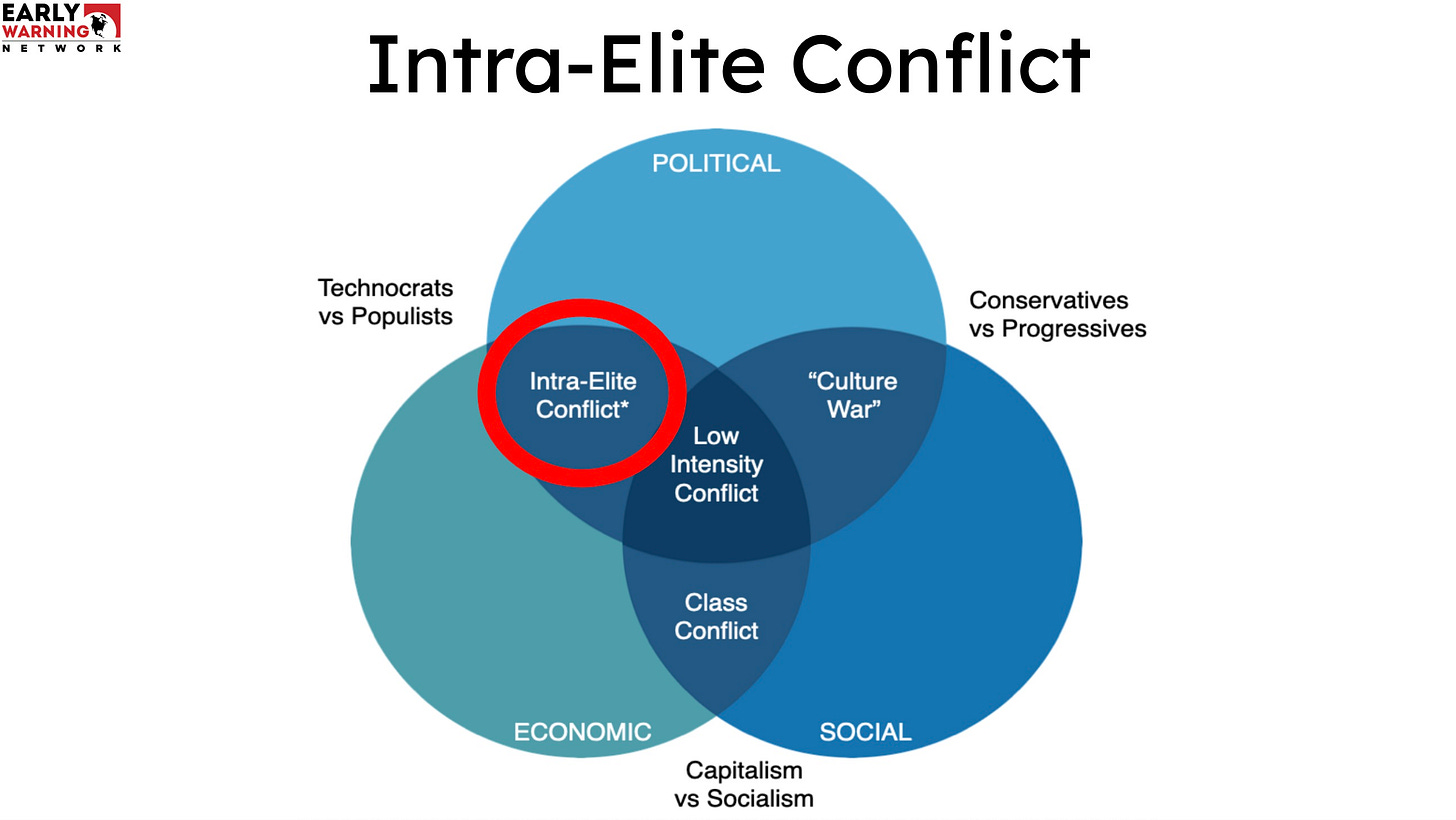In his farewell address this week, outgoing President Joe Biden warned of an oligarchical power taking control of the United States, and of a “tech-industrial complex” threatening to do the same.
“Today, an oligarchy is taking shape in America of extreme wealth, power, and influence that literally threatens our entire democracy, our basic rights and free…



